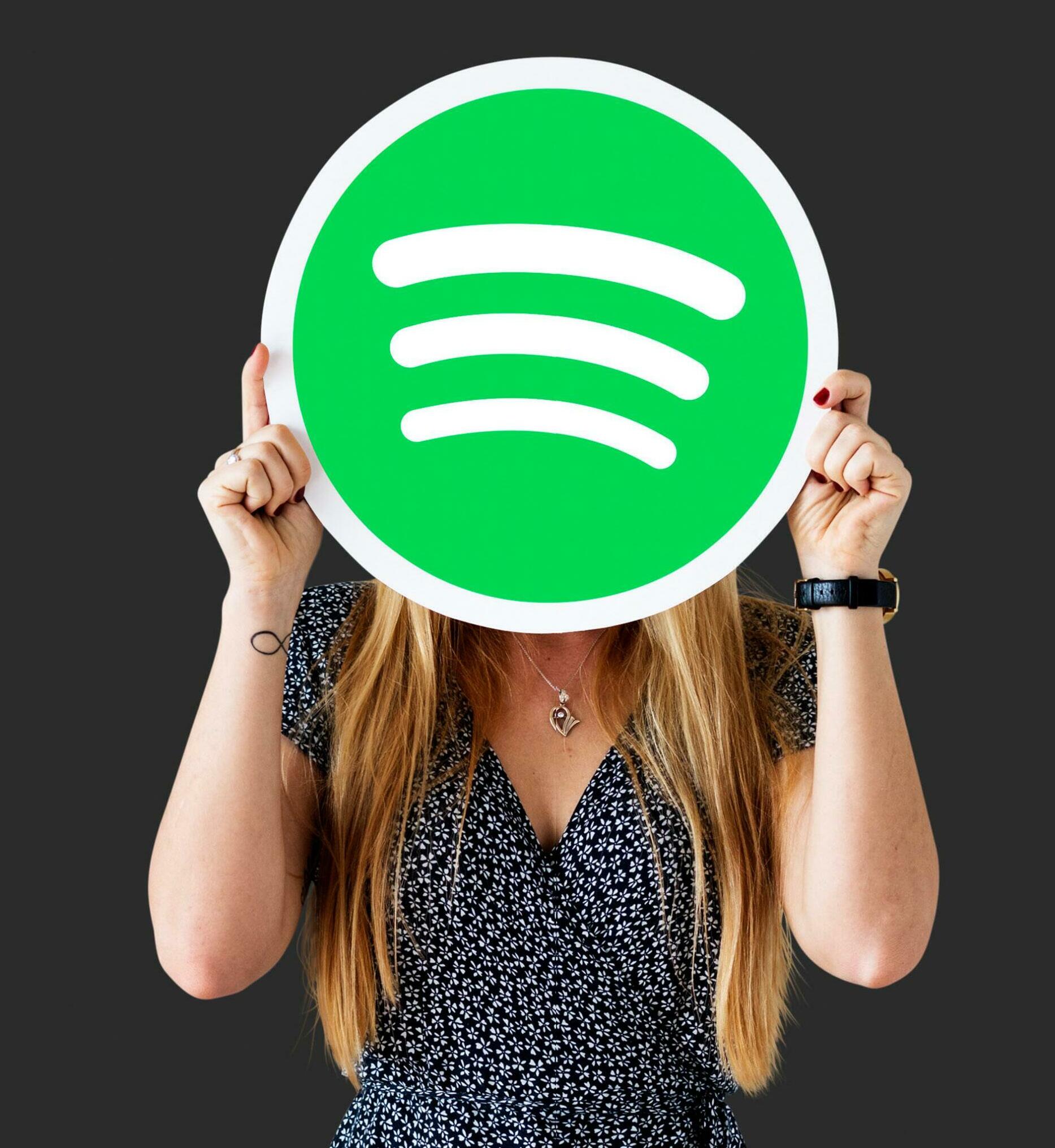
A few years ago, it would’ve felt like an impossibility: Click, and bam — a seemingly endless catalog of recorded music opens up, right at your fingertips.
Streaming now accounts for most of the money generated by the music industry — a whopping 84% in the United States, according to the RIAA, and 67.3% worldwide, according to a 2024 report by the International Federation of the Phonographic Industry, which tracks global sales.
Spotify is the largest platform of all — making up roughly 31% of the total market share — with a reported 626 million users and 246 million subscribers in over 180 markets.
In July, Spotify increased its monthly subscription cost. So, how does money from advertisers and subscription fees move from Spotify to artists’ wallets, anyway?
HOW DOES SPOTIFY PAY ARTISTS AND SONGWRITERS?
Short answer: They don’t. Spotify pays roughly two-thirds of each dollar it makes from music streams — a collection of paid subscriptions and advertiser income — to the rights holders of the music on its platform, paid out between recording and publishing agreements.
Those rights holders usually comprise a combination of record labels, distributors, aggregators and collecting societies — think Sony, Warner, Universal, the digital music licensing organization Merlin that represents independent labels — who then pay their artists according to their contracts.
If an artist is self-distributed, they might pay a small fee to an aggregator, or upload service (some popular ones include DistroKid and TuneCore).
A self-distributed artist keeps “the vast majority of (the royalties),” explains Charlie Hellman, the vice president and global head of music product at Spotify. Or it “goes to their label and their publisher.”
Payments to rights holders are determined by a process called streamshare.
This story is from the September 07, 2024 edition of Techlife News.
Start your 7-day Magzter GOLD free trial to access thousands of curated premium stories, and 9,000+ magazines and newspapers.
Already a subscriber ? Sign In
This story is from the September 07, 2024 edition of Techlife News.
Start your 7-day Magzter GOLD free trial to access thousands of curated premium stories, and 9,000+ magazines and newspapers.
Already a subscriber? Sign In

AI Home
THE NEXT FRONTIER FOR APPLE INTELLIGENCE, INTERACTION, AND AUTOMATION

Watch
SERIES 10 & ULTRA 2: REFRESHING THE LINEUP WITH NEW FINISHES & BOLD COLORS

Mac mini
SMALL IN SIZE, POWERFUL, AND ENGINEERED FOR APPLE INTELLIGENCE

iMac M4 INTRODUCING THE FIRST APPLE DESKTOP READY FOR ADVANCED AI
Apple has taken another step towards revolutionizing the world of personal computing with the launch of its latest iMac.

MacBook Pro M4 UNMATCHED AI PERFORMANCE THROUGH A NEW STUNNING XDR DISPLAY
Apple has launched its latest lineup featuring the cutting-edge M4 chip family and the all-new Apple Intelligence system.

New-Gen iPads
2024 AIR AND PRO LINES BRING IDEAS TO LIFE LIKE NEVER BEFORE

Assistance A NEW PRODUCTIVITY ERA BEGINS FOR THE ENTIRE APPLE ECOSYSTEM
As Apple continues to lead in hardware-software integration, the debut of Apple Intelligence reinforces its commitment to offering an AI experience unique to its ecosystem, one that aligns with the company’s ethos of privacy and ease of use.

NVIDIA®
THE BREAKTHROUGHS BEHIND THE LATEST AI HARDWARE

2025 SCALING NEW HEIGHTS IN PROCESSING POWER
Over the past few years, Apple has reshaped nearly every part of its ecosystem, from the hardware to the software, to push the boundaries of technology.

iPad mini - AI-READY DESIGN: THE A17 CHIP POWERHOUSE IN A COMPACT SIZE
Technology continues to shrink in size yet grow in capability, and the new iPad mini is no exception. The robust tool was designed to meet the demands of both personal and professional users.